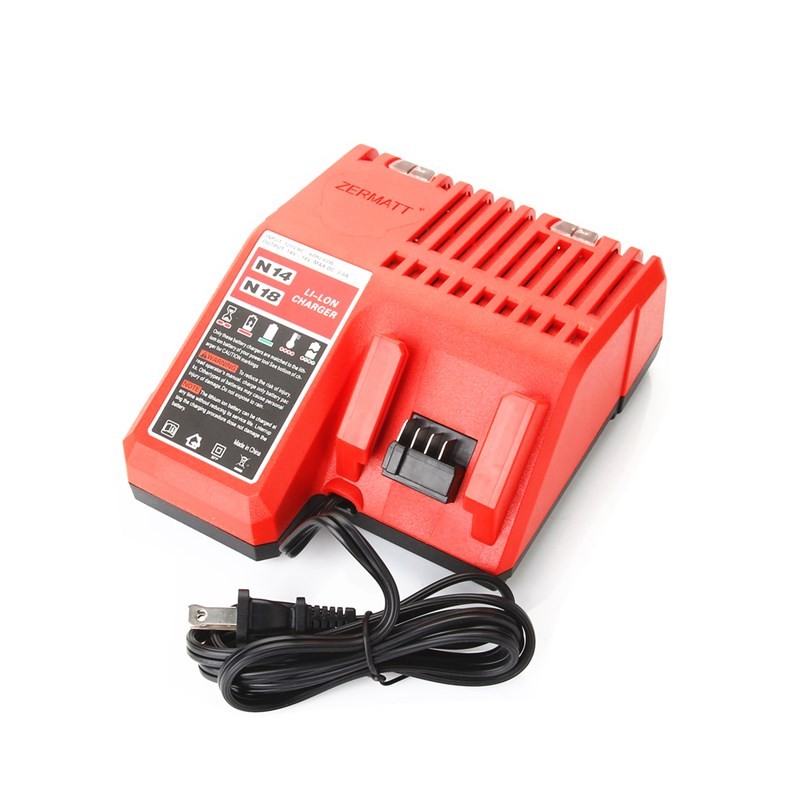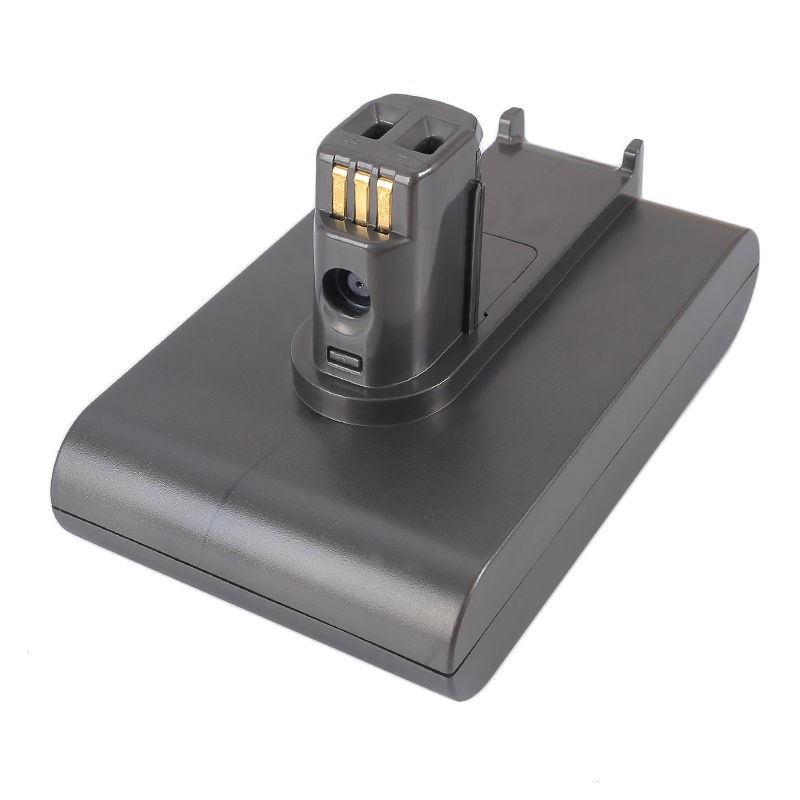

Based on the 1 million electric cars sold in 2017, researchers calculated that 250,000 tonnes or half a million cubic metres of unprocessed pack waste will result when these vehicles reach the end of their lives. The issue of LIB waste is already significant and is set to grow as demand for EVs increases. What we need is an urgent look at the whole lifecycle of the battery – from digging the materials out of the ground to disposing of them again at the end.” "But there’s also a public safety issue that needs addressing as second-life EV batteries become more widely available. “One of the areas of research for this project is to look at automation and how we can safely and efficiently dismantle spent batteries and recover the valuable materials such as lithium and cobalt. “These batteries contain huge amounts of power and at the moment we are still relatively unprepared about how we deal with them when they reach the end of their life. As well as lithium, these batteries contain a number of other valuable metals, such as cobalt, nickel and manganese, and there is the potential to improve the processes which are currently used to recover these for reuse.”Ĭo-author Professor Paul Christensen, of Newcastle University, who has been working with a number of UK Fire and Rescue Services on developing protocols for dealing with lithium ion battery fires, adds: "To recycle these efficiently, they must be disassembled and the resulting waste streams separated. "Individual cells are formed into modules, which are then assembled into battery packs. “The recycling challenge is not straightforward: there is enormous variety in the chemistries, shapes and designs of lithium ion batteries used in EVs. Visit Sion Power on the web at Gavin Harper, Faraday Research Fellow at the University of Birmingham and lead author on the paper, said: Sion Power is headquartered and operates in the United States. As a result, Licerion ® batteries have the potential to significantly enhance the performance of commercial and consumer electric vehicles. At up to 500 Wh/kg, Licerion batteries are produced at scale in large-format cells. Licerion ® is an advanced approach to lithium-metal batteries containing twice the energy in the same size and weight battery, compared to a traditional lithium-ion battery. Sion Power advances the rechargeable battery industry with its Licerion ® technology.
Batteryexpert full#
The full report is available on the Sion Power website. She also is the Principal Investigator of the Laboratory for Energy Storage and Conversion (LESC) research group. Meng is a Professor of Molecular Engineering at the Pritzker School of Molecular Engineering and serves as the Chief Scientist of the Argonne Collaborative Center for Energy Storage Science (ACCESS) Argonne National Laboratory. Shirley Meng is an internationally recognized expert in rechargeable batteries and has reviewed many next-generation technologies.
Batteryexpert driver#
She goes on to say, “With a strong patent portfolio and a pressure control strategy to eliminate lithium dendrite formation, Sion Power could be an important driver in helping accelerate US domestic production of lithium metal batteries.”ĭr.

Their vapor deposited lithium process for creating an ultra-thin layer of lithium provides a way to cut costs and speed advanced batteries to the market,” says Dr. “What Sion Power is making is unique among next-generation battery companies.

Shirley Meng, provides the first public review of the company’s proprietary process of the vapor-deposited lithium (VDLi) anode and analysis of Sion Power’s cathode, electrolyte, and battery pack strategy. The evaluation, prepared by independent battery expert Dr.

TUCSON, Arizona-( BUSINESS WIRE)-Sion Power Corporation (Sion Power), a leader in next-generation rechargeable batteries, released the results of an independent technical assessment of its Licerion® lithium-metal rechargeable battery technology for electric vehicle applications.


 0 kommentar(er)
0 kommentar(er)
